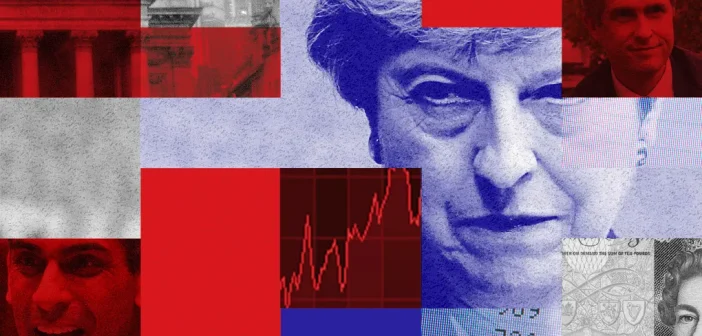More than 50 MPs have owned stakes in publicly listed companies that raise questions about possible conflicts of interest and that until now have been in effect secret, the Guardian can reveal.
Parliamentary rules mean MPs’ shareholdings, including ones that were held by the former prime minister Theresa May and the former education secretary Gavin Williamson, do not need to be publicly disclosed in parliamentary registers. But as a result voters are left in the dark about some of the financial interests of their elected representatives.
The Guardian is today publishing a list of several dozen MPs who currently have shares in banks, housebuilders, defence companies, energy suppliers and supermarkets – companies that could be affected by legislation or new policy introduced by parliament. The companies include the likes of Barclays, HSBC, BP and Sainsbury’s.
Transparency campaigners have said the findings “raise serious questions about vested interests in our democracy” and called for the rules to be reviewed.
Steve Goodrich, the head of research and investigations at Transparency International UK, said: “If an MP has shares in a company affected by legislation going through parliament, there’s invariably a tension between them protecting their financial affairs and advancing the public good. Having these details out in the open is a key safeguard against abuse of public office.
“The public have the right to know what role money plays in our politics. Cumulatively, financial interests undoubtedly influence – whether consciously or otherwise – the outlook of MPs and ministers, and how they set about tackling the big issues of our time. Understanding who has skin in what game is essential to unpicking policy inertia, be it on housing, climate change or the cost of living.”
The investigation has also established that the prime minister, Rishi Sunak, had a financial stake in National Grid until two days before he was selected as the Conservative candidate for his constituency. The prime minister said he had put his current investments into a blind trust, a mechanism used by MPs to distance themselves from their financial interests, in July 2019.
May owned shares in BP while she was the home secretary, while at the same time her husband held shares in BP, Barclays, BT and Centrica. Four months after she became the prime minister these shares also seem to have been moved into a blind trust.
The majority of the shareholdings found by the Guardian fall under the £70,000 threshold but the investigation has uncovered apparent conflicts of interest, including May holding meetings with BT as home secretary while her husband, Philip May, held shares in the company, which had not been publicly disclosed.
Even shareholdings, such as those that were owned by May and her husband, that are under the threshold could still need to be declared under House of Commons rules that require MPs to publicly disclose any interests, including those held by their close family, that might reasonably be thought to influence their actions, speeches or votes in parliament. This requires MPs themselves to make the judgment on whether to declare or not, and campaigners have suggested the current threshold is therefore too high.

